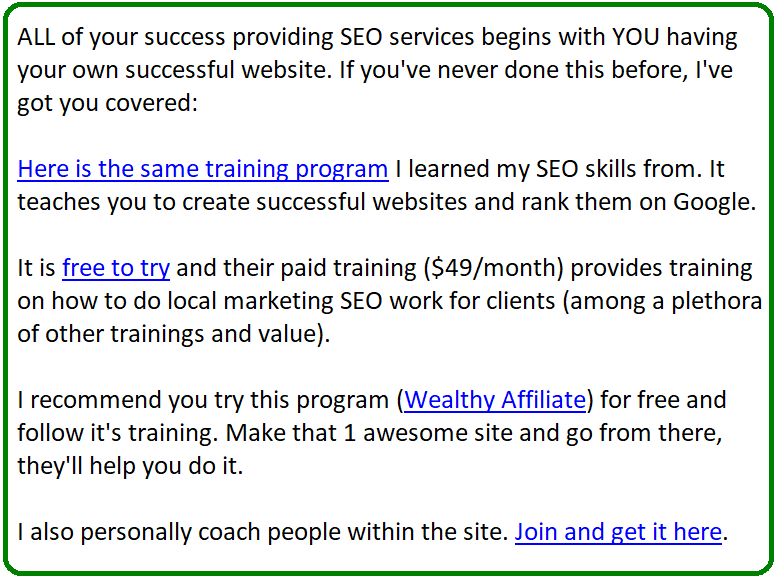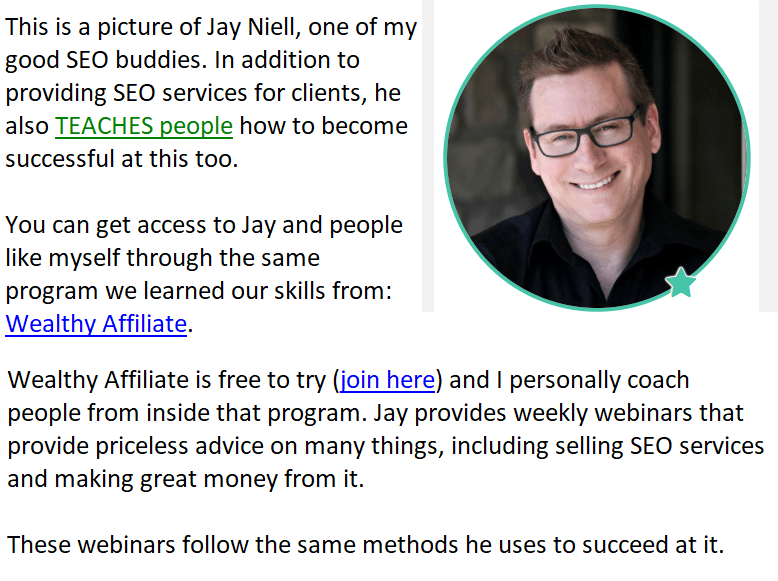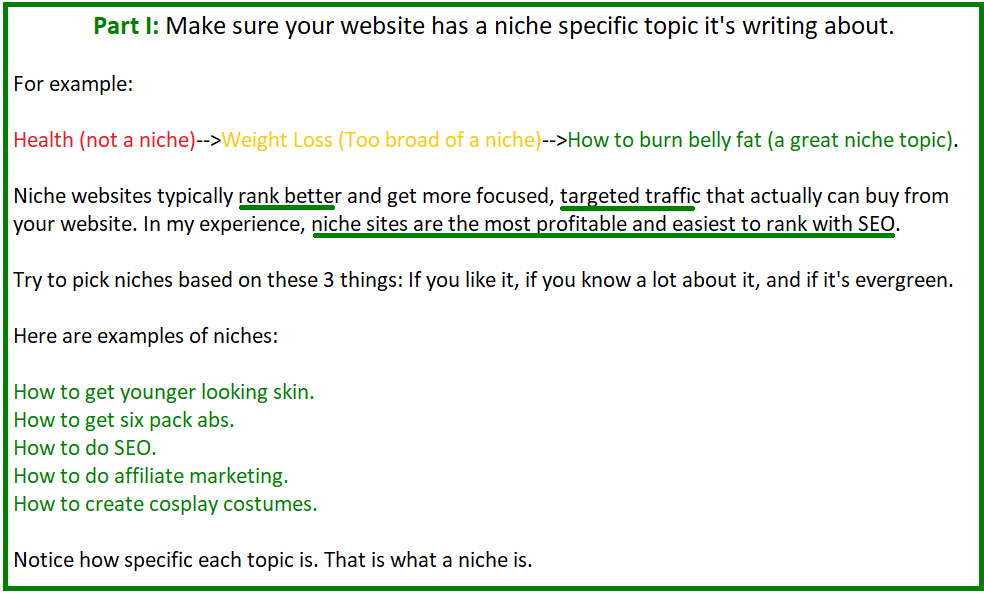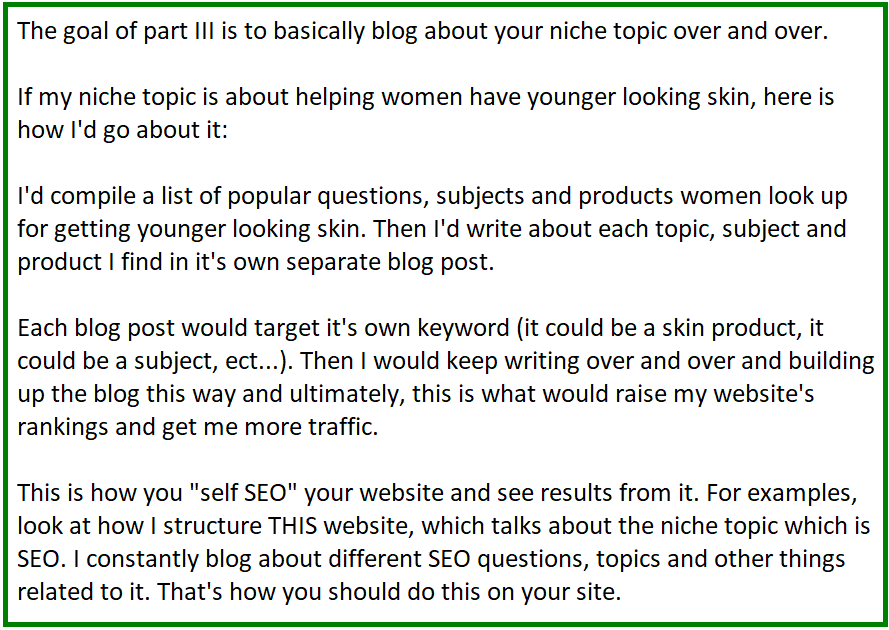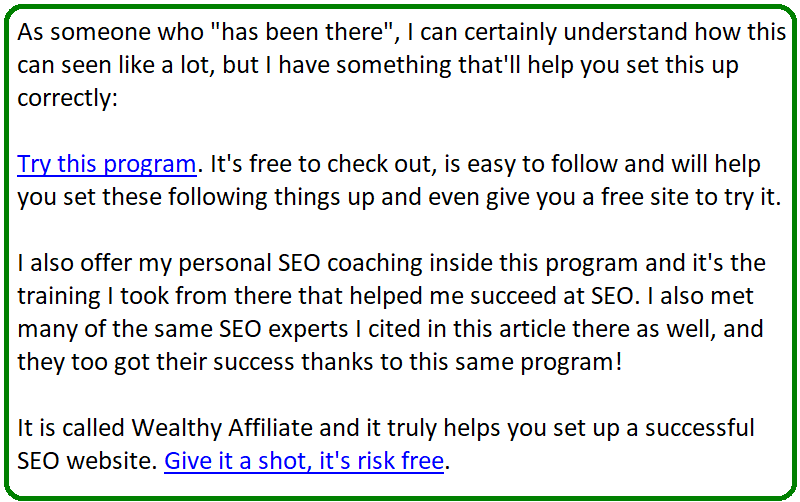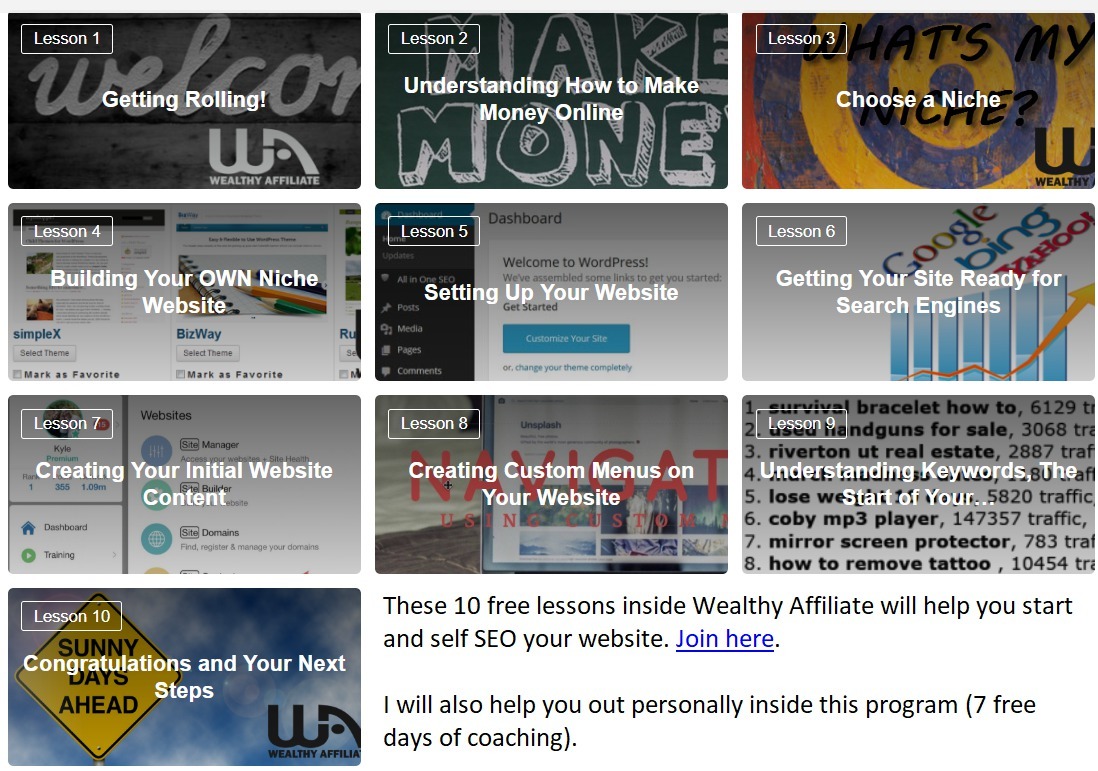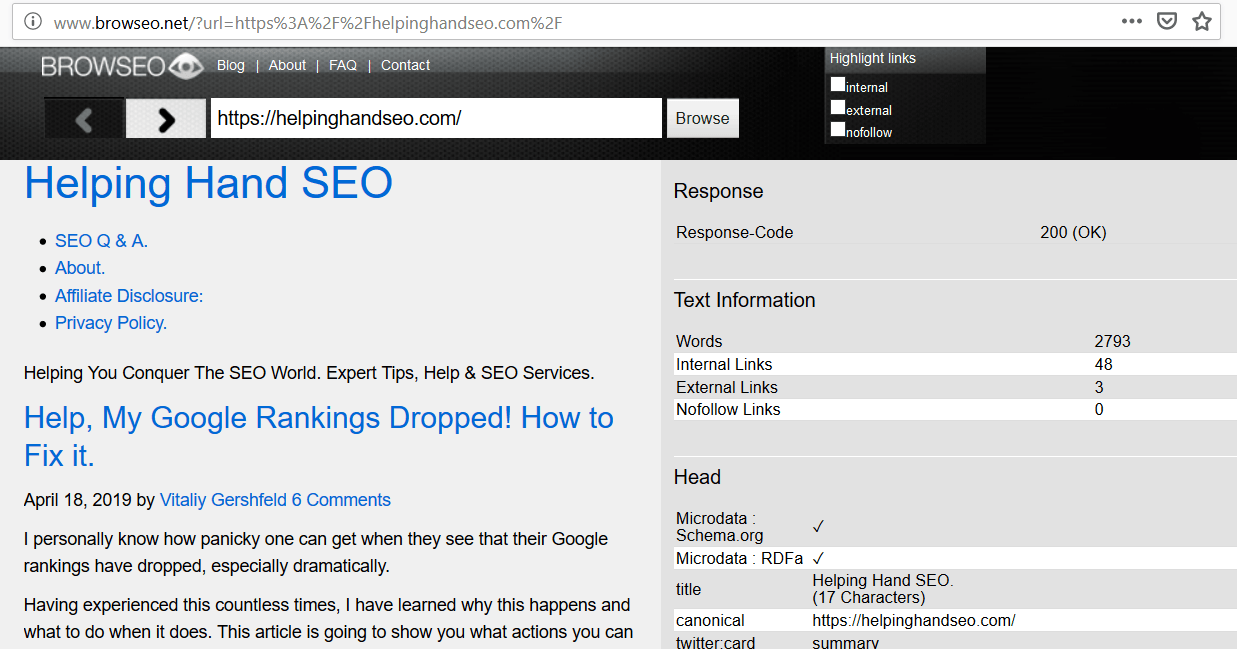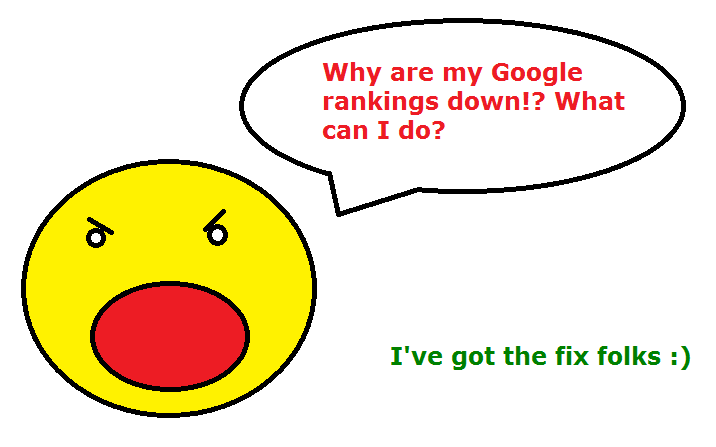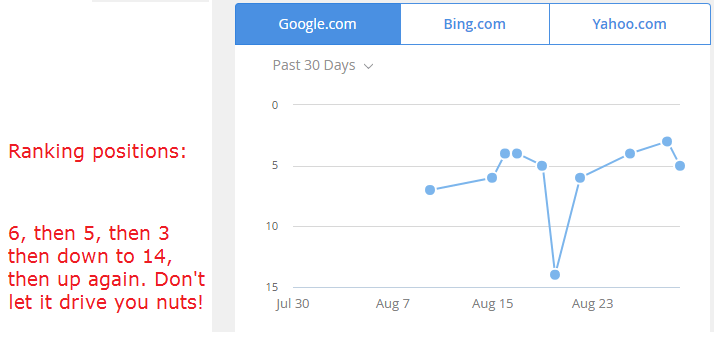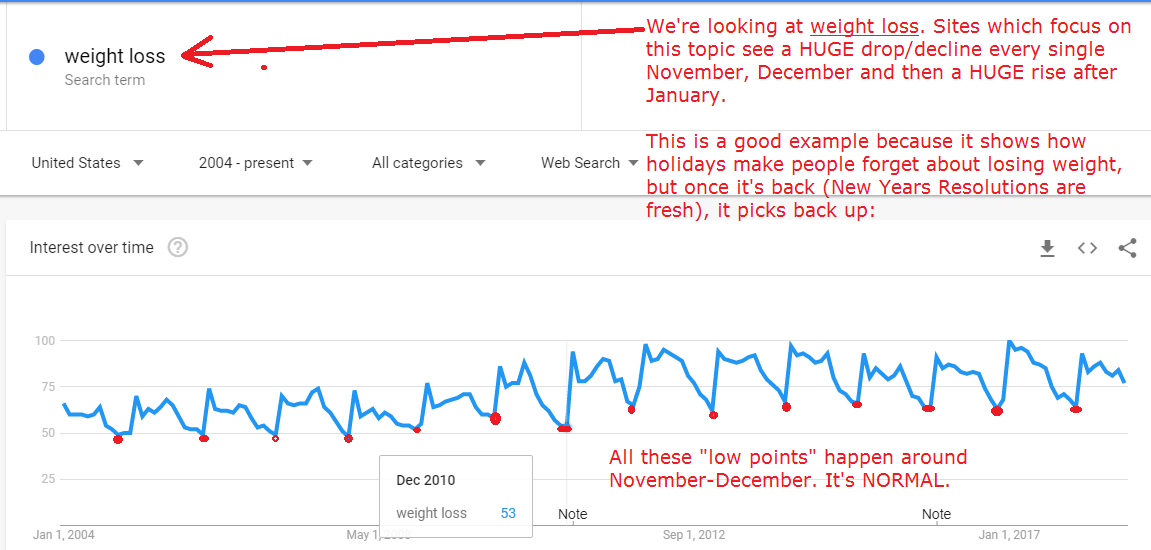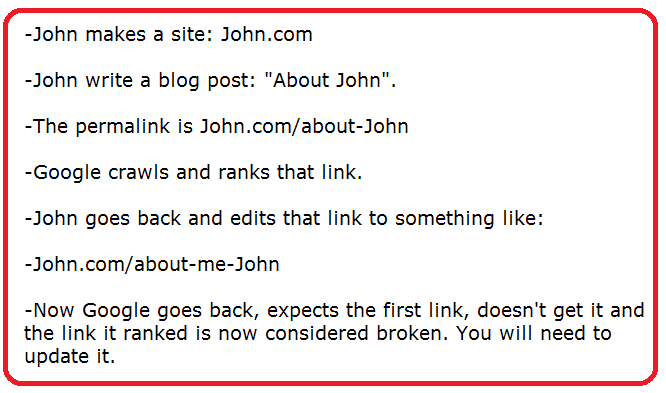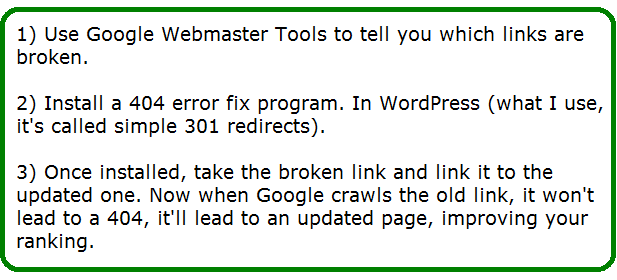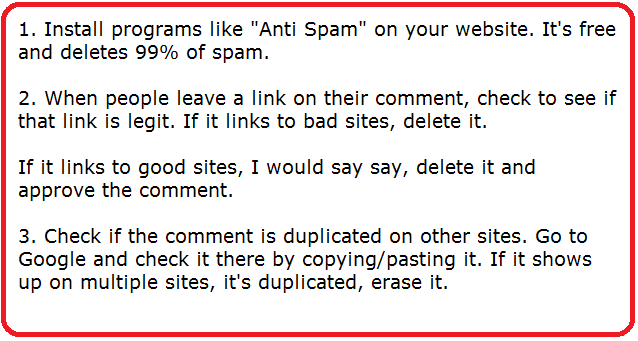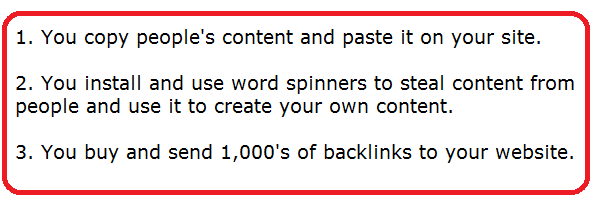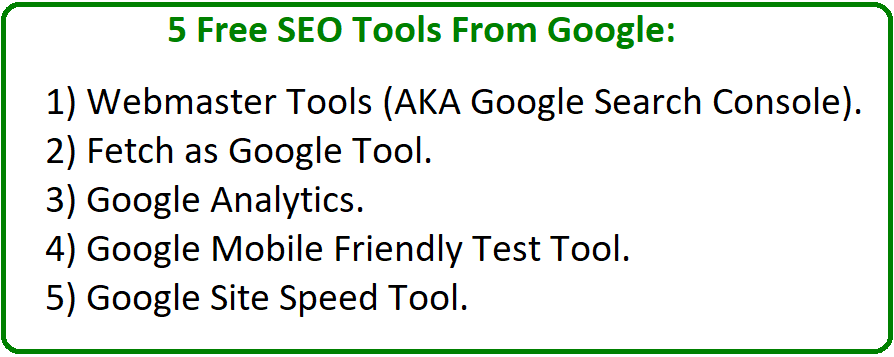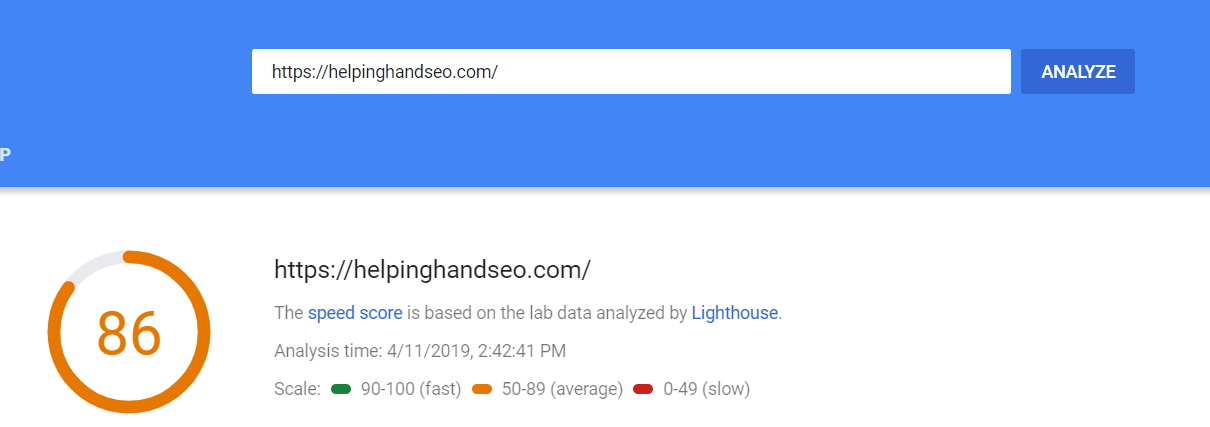There’s a method that many SEO experts and I know use which helps us to sell our services successfully. I’ll show you how we do it. This strategy works, 100%.
There are 5 core parts to this strategy and it is important to understand out of the 5, the first is the most important, because the others extend from that first one and allow you to have success and even attract clients easily, and in those circumstances, you don’t even need to sell them any SEO services, because they’ll ask you for it themselves.
Here is a preview of these 5 parts:
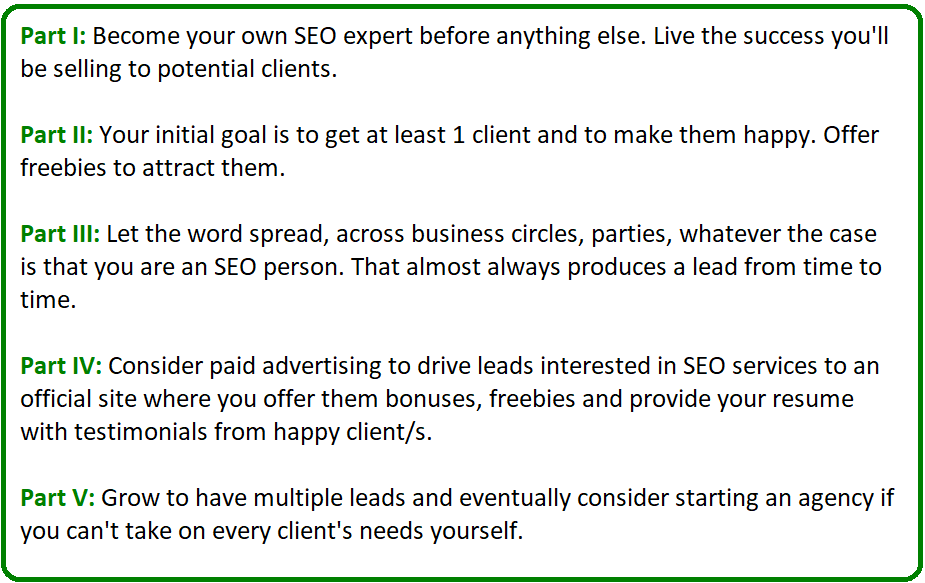
This 5 part process is something I’ve seen work again and again. And this has come from my experiences as well as from the other experts I’ve talked to who also practice this. After seeing the success play out so many times, I figured I can show you this within this post so you can try and do it too.
As you read this post, you will get specific instructions on each part as well as real examples of how they 100% work.
Mimic these 5 core parts and you will be able to do the following things:
You’ll be able to self SEO your own websites, and/or your online business and make enough money from it to not have to worry about doing that stuff for clients.
You’ll be able to easily convince potential leads that you know how to make their websites get better rankings, make more money and sell more services to them and of course, all while getting more word of mouth recommendations and obviously, more leads.
You’ll be able to scale this strategy to a point where it makes you a lot of money and possibly even grows into something like an agency.
Now I personally have experienced 4 out of the 5 parts above.
The only thing I haven’t yet done is start an agency and I likely never will because I enjoy working for myself and if people approach me (which happens often now) with requests to help them with their sites and businesses to get better traffic and more online profits, they are literally ASKING me to sell them my SEO services, in which case, I either give them recommendations to people who would help them with that, or sell them training programs to teach that.
While I am technically “missing out” on making a lot of money from single or multiple clients in the process, I have had enough experiences with clients in the past to know that it’s not something I enjoy doing. You may be of a different opinion on this subject, but while I am explaining the 5 parts, you will be able to see the benefits of each as well as the responsibilities they hold, and decide if you wish to…
- Have your own website or websites, do your own SEO work and profit that way (like I do).
- Have a website, but offer your SEO services to potential clients, and make good money with that approach.
- Have both and make your money that way (but you’ll find that you’ll probably need to hire people, because it’ll be too much to do yourself).
You’ll decide that later, but for now, let’s get to each part:
Part I: Become your own SEO expert, first and foremost.
No serious businessperson or individual is ever going to trust you or pay you good money to do SEO work for them IF they don’t believe you are actually an expert or get the recommendation from someone who believes in you.
And before you even approach a client and start trying to sell them services, you first need to actually be an expert.
I recommend you have at least 1 website that you can use as a resume to prove your worth as an SEO expert. This is seriously going to become the BACKBONE of your whole online business and act as a selling point. For instance, when I speak to people, if they ask for proof, I show them screenshots like this:
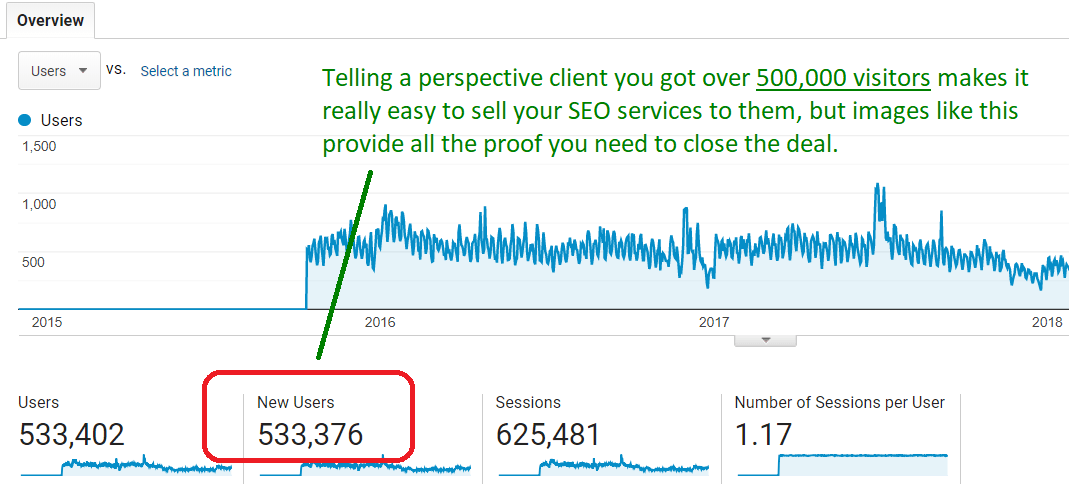
This is that “1 site” I have, which you also need to have if all the other doors and parts of this guide will open up to you. And I am very serious about this as I often see people trying to sell SEO services, without providing proof that they are themselves, experts.
Some people even believe that if they study a few courses and watch a few videos on SEO, that this somehow qualifies them to do work. Well I’ve got some something to say about that:
It’s a different story when you create your own website, because that involves having to figure out the right way to do SEO and it’s very often the case that people study the wrong ways of doing it and end up having things like Google penalties hit them. You need to learn the right way to do your own SEO, and see success from it long term before you realize that you can help clients get these same results.
Here are some of the major things you need to practice and do to be considered an SEO expert:
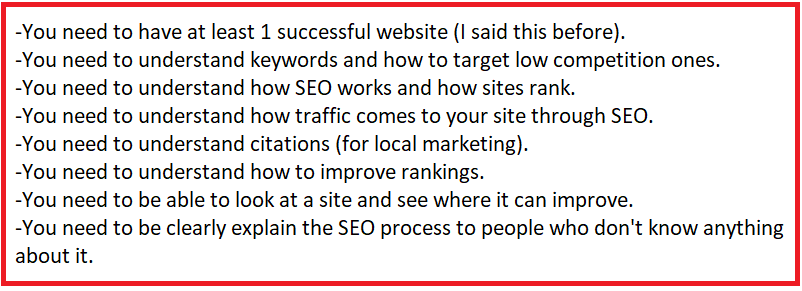
The great news is that going through the EXPERIENCE of growing your own successful site via SEO helps prepare you to explain these things and solve these problems for the clients you’ll be getting later on.
It isn’t just the proof that your site is working that provides the value and confidence for someone to buy services for you, but it’s the confidence that your EXPERIENCE in this field insures the client’s investment is SAFE.
Here is what I recommend for part I:
There’s other important benefits to part I:
First, you are NOT reliant on getting clients because you are making money either way.
The confidence you get from having your own successful SEO site is what makes selling the service EASIER to leads. When they hear your tone and how well you answer their questions or consult them, they’ll feel safe to invest with you and that confidence comes from the experience gathered from creating your own successful SEO site.
I have a ton of experience with more than just 1 website and have enough stories and experiences to showcase that when I discuss potentially working with someone. Because they see that I sound confident and explain things to them well, while also clearly seeing that I don’t care if I get them as a client or not, they are more likely to want to work with me.
Part II: You need to get at least 1 client.
1 client’s investment in you can really provide a nice side income and depending on the work you do, even a full time one. But getting that first lead is often the most difficult part.
However, if you follow through with part I’s advice on having your own page, it’s actually an easy and even seamless process. There are 2 ways to go about getting that first client and then selling your SEO services to them:
Option 1: Through friends, parties, and social gatherings.
I never like looking for leads and I have found this option works very well. When you become your own SEO expert and have that confidence, speaking about it to people at gatherings who ask “So what do you do?” is easy.
There is a high demand for existing businesses and even people to start their own sites these days and believe me, nearly every single person I’ve ever spoken to about the work I do has gotten their interest because the thought of them making their own website and making money from it is ALWAYS alluring.
However, one important point is this: Do NOT try to sell them anything when you’re speaking to them. The very act of doing this will likely push them away from you.
Whenever I speak to people about the work I do, it’s always for an informative purpose and if they have a site or are thinking of starting one and ask me questions, I always speak with the goal to give them great information and arouse their interest further. I make NO points about selling, UNLESS they directly ask me.
Option 2: Involves finding businesses who have websites and mentioning you can improve upon it.
I have a friend named Eddy who has gotten himself a number of clients this way (he also focuses most of his work on his own site here). He walks into certain stores he likes, then checks out their website (in the store) and sees if it needs improvement. He then speaks to the owner or manager and says “Hey I noticed your store isn’t showing up here on Google or other places, and I actually help sites do that”.
This usually results in an offer to do some free work, but with the intent to sell services on the back end and he’s done pretty well doing this.
Because as I said, I don’t like to go around and pitch my services and work on my own website, if there’s any offer that comes to me, it’s because of option 1.
The benefits of part II:
People inevitably talk about their work at social gatherings and I know from experience how popular making money from websites is based on the large numbers of people I’ve spoken to. Talking to them with confidence without selling your services, makes them more likely to reach out to you in the future with inquires about buying stuff from you.
Even if you speak to people who aren’t interested in your services, you will almost inevitably (from speaking to multiple people) get those who have friends who would be able to use your services and your name WILL be mentioned. I cannot begin to tell you how many times I’ve gotten offers and requests from people to help improve their site because a friend of theirs showed them my site and/or said “Hey I know a dude who can help get your site more visits” and that’s ALL it took. And this is an EASY client to land.
Part III: Get 1 happy client and continue along with part II’s strategy.
If having your own successful website and experience from that is the most important backbone to your success in other parts, then having 1 happy client is the next most important thing, because:
There is at least financial stability from having 1 client pay you over and over (I’ll discuss ways you can monetize again and again from a single client further below).
That happy client acts as another proof of you being someone other businesses can trust.
The client can then go to their other business friends and/or mention you to their friends at a party or something.
Word of mouth is extremely important here and it WILL happen if you talk to people and get that 1 client talking about you, especially if they are happy with your work (they will brag about their business to friends and this will naturally arouse their interest in seeking you out). You will literally have to do 0 selling.
One of the first successful clients I did local SEO work for, was very happy when I came to them after analyzing their site and saying the very same things my buddy Eddy for other people. Yes I know I said I prefer the other option, but this exception was my first run in with getting a client and helping their site do well on Google.
That same client then asked me (FOR YEARS) to help them with other things and suggested me to other potential clients over and over. I turned them all down, because I just don’t have the time anymore, but the point is to showcase the POWER of what 1 happy client with their own connections can do for you, if you do a good job for them!
Part IV: Getting more clients on your own via paid ads and other methods.
If getting clients through word of mouth isn’t enough for you and you wish to get clients faster, one suggested method is creating your own site which advertises your services (and testimonials from the happy client/s). Setting up ads is easy across many networks if you have that experience and training (and you can get that from part I and the program I recommended).
But each lead you bring into the site, can become someone who funds your income consistently and one way to get them to sign up is this:
Offer freebies.
Here is just a small sample of free things you can offer a perspective client, before officially selling them SEO services:
Site audits. These are HUGE. The very client I got above, as did Eddy did so by offering a free service to check out the perspective client’s site and seeing where it could do better, to get better results on Google. The very process of doing this shows the potential lead that you know your stuff and can help them grow, making the thought of investing in your services a much easier decision!
A free consultation. These are also huge as you can TALK to the perspective client 1 on 1 and literally explain how you can help their site grow. Mention the same case studies of your successful site and any local clients you’ve had before which are now happy. This absolutely makes selling EASIER.
There’s other ideas I can use, but these 2 are powerful and easy to close leads with.
What about the actual services. What do I charge?
This depends on how much work you are ready to do. Consider things like website creation, hosting, content creation services, SEO management and reports for the client and even doing things like having them pay you monthly to run ads to their site. Just charge them more than you pay for the ads, so you can keep the difference (a service fee if you will).
The prices for these common things can range into the $10,000+ range, depending on the site, the work involved and so.
For a good example, I have a friend named Dom who offers these types of services for individuals (not businesses) and you can see the kinds of services he offers and for how much here.
Part V: Starting your own SEO agency.
This type of opportunity arises when you have too many clients that you CANNOT manage on your own and require outsourcing work. I would say 1 client is enough to make you work part time, but 2 or 3 will take up most of your day’s work, which is why if you grow beyond that amount of people, you NEED HELP.
In these cases, you will have to figure out which of your services you can let other people do for you, and pay them for. This can eventually help your business become an agency.
One of the BEST case studies on how this is properly done is via a good friend of mine named Jay Niell who pretty much has successfully completed all 5 parts of this tutorial (this tutorial was made after his success, it’s not like he copied it). He runs an agency site here which you can check out for reference, but he basically does all of the things I’ve noted in this 5 part tutorial:
Coaching, consultations, and so on and he does it very well.
And this 5 part tutorial is how you sell SEO services.
It may be surprising for you to know how little actual advertising you actually need to do to make this work, but in the experiences I have had doing this, as well as the other people I’ve cited, this is actually how it’s done, with high success rates and when I said 100%, I was NOT kidding.
